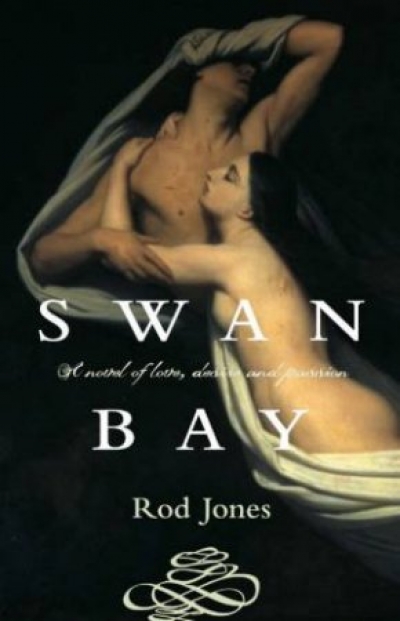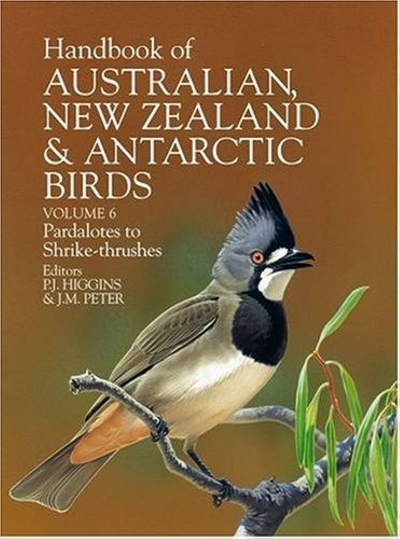Archive
Handbook Of Australian, New Zealand And Antarctic Birds: Volume 6: Pardalotes To Shrike-Thrushes edited by P.J. Higgins and J.M. Peter
when life says shut
the most you could muster
moments on a lake
pooled passive
or close enough and whispering
the past and only glory
The Fabrication of Aboriginal History: Volume one, Van Diemen’s Land 1803–1847 by Keith Windschuttle
Down sandstone steps to the jetty; always
the same water, lights scattered across the tide.
Remember we say, the first time.
Our eyes locked into endless permission;
this dark gift; why can’t I let go
and be the man in your life, not the one who writes
your name down for the dedication page;
whatever the name, you know who I write for;
Seven Versions of An Australian Badland by Ross Gibson & Looking For Blackfellas’ Point by Mark McKenna
ABR welcomes concise and pertinent letters. Correspondents should note that letters may be edited. Letters and e-mails must reach us by the middle of the current month, and must include a telephone number for verification.
Pushing ahead
Dear Editor,
Beverley Kingston has written a rather world-weary review of my book The Commonwealth of' Speech (ABR, December 2002/January 2003). I read it not long after writing to a senior person at my university complaining about the quaint attitude which central committees in the university world seem to take to the Humanities. Much of what I said to him can be recycled as a response to the review.
... (read more)






